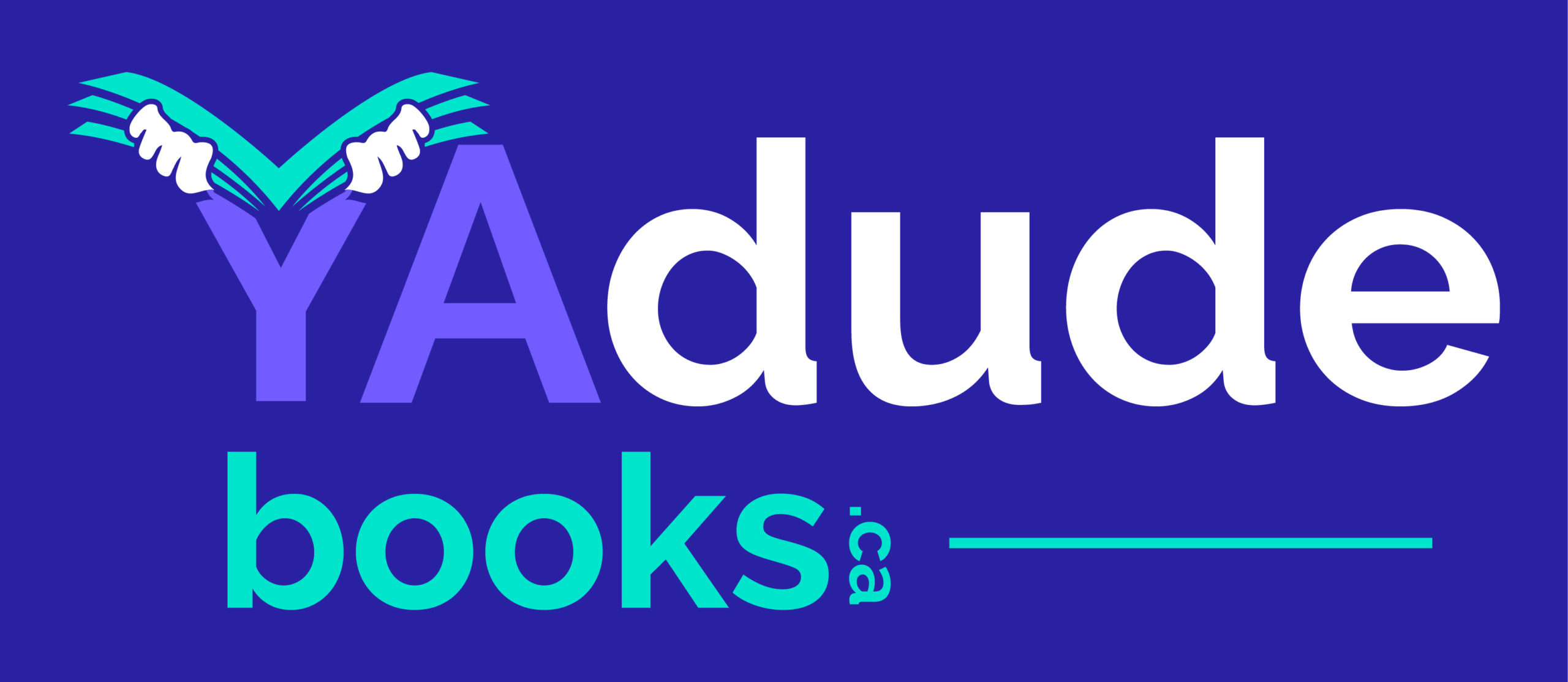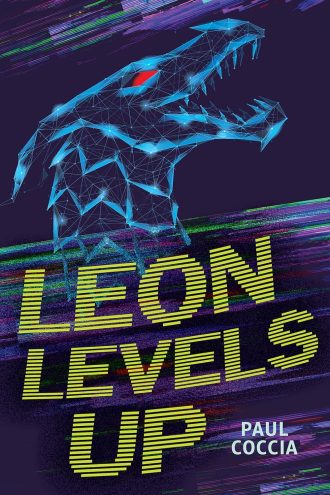In the real world, Leon isn’t built to be a hero, but he must become one when he gets trapped in a cutting-edge virtual-reality game.
Twelve-year-old Leon loves video games. When he plays, he feels confident and amazing for just a little while. The rest of the time he feels like a loser. So Leon is shocked when Nico, the coolest kid ever and the son of a video-game developer, invites him over to test out the newest game at his dad’s high-tech lab.
To play, they must submerge themselves in giant tanks filled with nanobots, which are programmed to interact with the players and form the physical gaming world. It sounds perfectly safe. But a glitch causes the tiny robots to start behaving oddly, putting the boys in real-life danger. Now it’s up to Leon to slay a dragon, to beat the game and save Nico and himself…before the timer runs out.
Stakes are high when twelve-year-old Leon is invited by Nico, son of a videogame designer, to try out the latest game from his dad’s lab: a subversive virtual reality game in which two players interact in a virtual world by being dropped into vats of tiny bots. At first, Leon is excited to leave behind his unheroic life and be a champion archer, saving the world from evil. But things go wrong when Nico’s connection is lost and Leon has to win to bring them both back out of the game. Suddenly the safe environment where Leon feels he can be a hero becomes the only way for him to return to his ordinary, unheroic life.
The novel is an excellent fit for the hi-lo (reluctant reader) program in which shorter word-counts and easier vocabulary are matched with high-level adventure and content – perfect for somebody like Leon and the many reluctant readers who are looking for swift, immersive plotlines and characters driven by action. Any gamer would enjoy the twists and turns in the narrative of the game as Leon (in the character of an elf) takes on ogres and fictional characters and navigates a castle to take down an evil dragon and save the prince.
A high point of the book is the contrast between how Leon sees himself in the real world and how he portrays himself in the recordings from his games, which he shares through social media. When the excitement of the game turns to fear for his life (and that of his new friend), Leon considers:
This was never just a game. Not for me. This was my shot at impressing Nico. My shot at becoming a popular kid. My shot at being something more than the weird, loner, gamer kid in class. But I know that no matter how many enemies I defeat or games I win, I’m still that kid.
Leon realizes that no game – even this one – is going to change his own self-image. Only he can, effectively, “level himself up.” I would like to have seen how this plays out after the game, both in his new friendship with Nico and in his own view of himself. But we are reassured in the end by Nico that he is always up for another game with Leon.
– James Steeves


